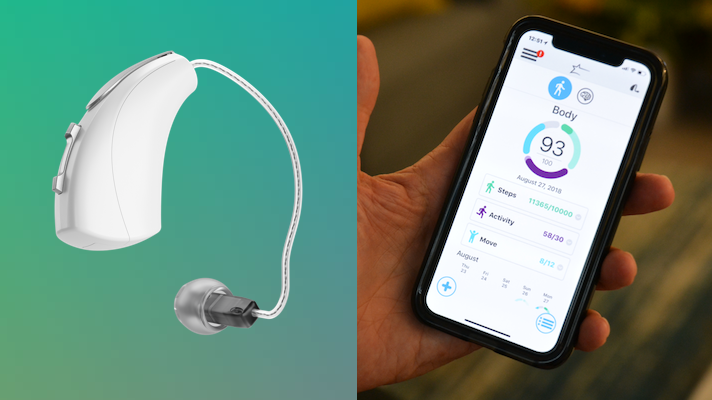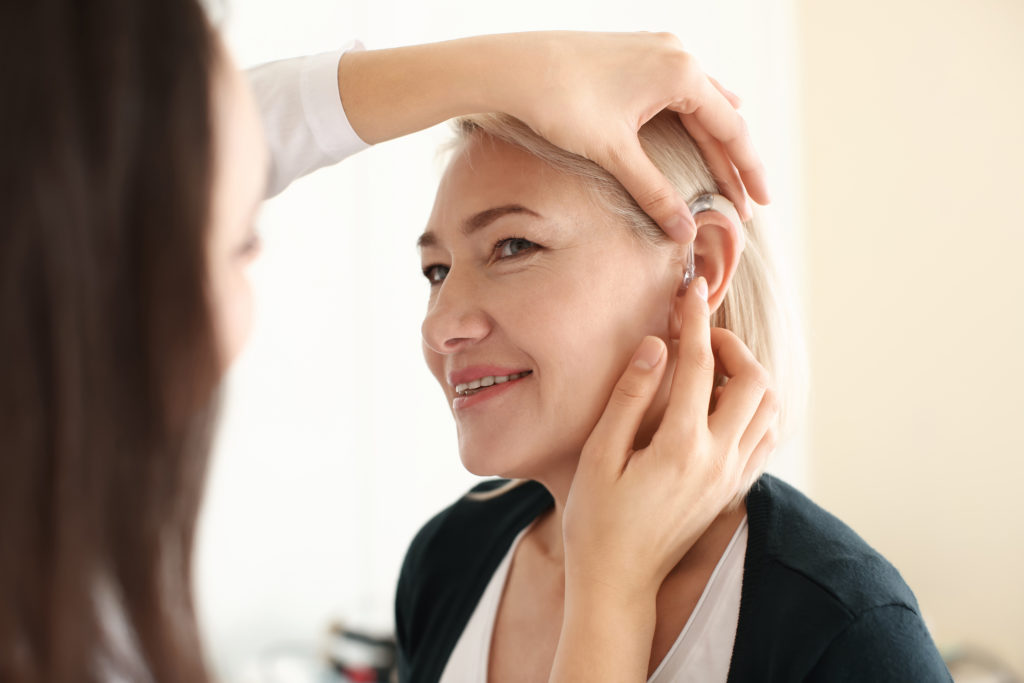 By Shannon M. Aiello, Au.D., Doctor of Audiology
By Shannon M. Aiello, Au.D., Doctor of Audiology
What do David Letterman, Pete Townshend, Charles Darwin, Ludwig Van Beethoven, and Steve Martin have in common? Other than being notable individuals in history or entertainment, all of these people have lived with chronic tinnitus. And they are not alone. The American Tinnitus Association estimates that over 50 million Americans experience tinnitus. Of these, 12 million have tinnitus that is severe enough that they seek medical attention. Furthermore, approximately 2 million persons have tinnitus that is so debilitating they cannot function in their daily lives.
Tinnitus is defined as the perception of sound when no external sound is present. Tinnitus is often referred to as “ringing in the ears,” although some people hear hissing, roaring, whistling, chirping, or clicking. It can be intermittent or constant, with single or changing frequencies. The volume can range from very soft to extremely loud.
It is important to understand that tinnitus is not a disease but rather a symptom of another underlying condition – of the ear, the auditory nerve, or elsewhere. There are many causes of tinnitus. Many times, damage to the inner ear from aging, medication, or noise exposure can cause both tinnitus and/or hearing loss. There are currently more than 200 medications that can cause tinnitus and exponentially more that when combined with each other that can result in ringing. The tinnitus from medication can be temporary or permanent. Medical issues are other possible causes of tinnitus. Allergies, cardiovascular problems, tumors, nerve problems or even jaw problems can cause ringing. Because there are so many causes of tinnitus, it is important to be thoroughly evaluated to determine what exactly is causing the ringing. Many times people are told that tinnitus is normal with aging or that they just have to live with it. This is an untrue statement. If there is a medical issue causing the tinnitus, often times, when it is treated the tinnitus may subside. Although there are very few treatments for tinnitus available, it is important that people with tinnitus understand where it is coming from, what to do if it gets worse, and what they can do to successfully manage their tinnitus.
Hearing loss and noise exposure is the most typical cause of tinnitus. For these patients, the tinnitus is typically permanent. Because of the vast number of people that suffer tinnitus, there are many companies that are trying to capitalize on this condition by advertising various herbal supplements or devices to help stop the ringing. Sadly, many of these supplements and “treatments” are extremely overpriced and have not been shown clinically to reduce the perception of tinnitus.
There are, however, different options available for tinnitus suffers to help reduced their awareness of the tinnitus. For those who have hearing loss in addition to tinnitus, if the hearing loss is corrected through the use of hearing aids the majority of people also notice a reduction, or complete cessation, of their tinnitus.
At Columbia Basin Hearing Center, we understand that tinnitus is a complex problem which is different with each patient. Because of this we take the time to understand what our patients are experiencing, do comprehensive testing to determine where the tinnitus is coming from, and speak extensively about individualized management, therapies, and options that may help relieve the tinnitus. We are actively pursuing and using new therapies and management strategies to help out patients experience relief from their tinnitus.
If you or your loved one has been told to learn to live with tinnitus, please contact Columbia Basin Hearing Center for the latest in testing and management of tinnitus.





